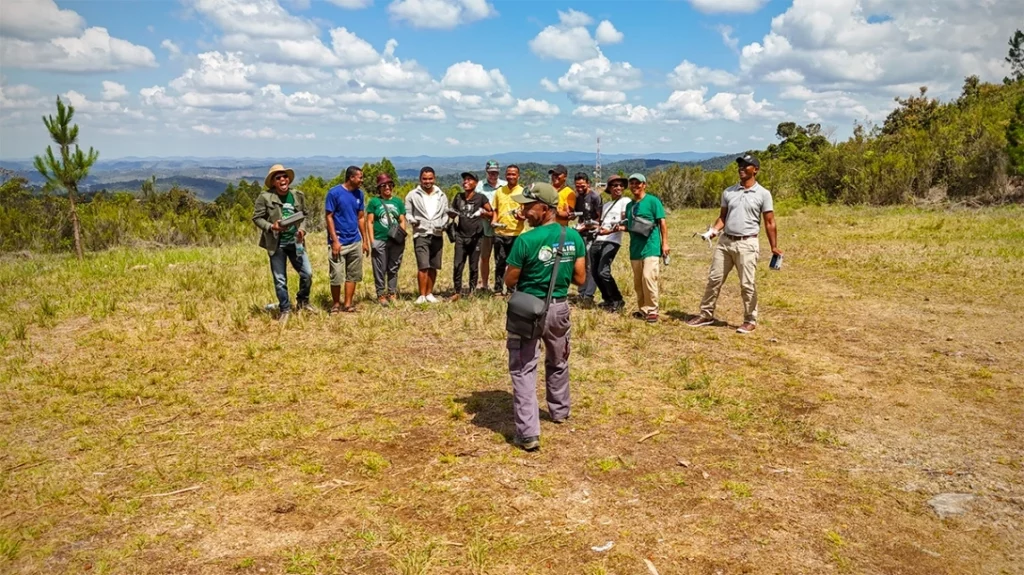A recent study showed that while the support that international NGOs are able to provide to local conservation organizations is critical, the relationship between these nonprofits can be unfair. Specific steps should be taken to ensure local conservation organizations maintain influence over the conservation strategies that affect their lands.
In recent years, there has been an increasing awareness within conservation science of the critical importance that local conservation organizations play in the fight against biodiversity loss and climate change. Studies have shown that conservation and local livelihood improvements are much more successful when local community members are the environmental stewards of their area. In light of this, international conservation organizations have begun to invest more heavily in partnerships with local conservation organizations that are often-times based in the Global South.

The Problem
Local conservation organizations frequently face significant obstacles in securing adequate funding for their work, whereas international conservation organizations are able to tap into the financial capital of the Global North and thus are afforded much higher fundraising capacities. Partnerships between international and local conservation organization are very important as they allow the international organization to provide the locally based organization with funding, technical assistance, and additional support.
“After years of struggling, our efforts to save the Fossa have reached a global audience thanks to Conservation Allies.”
Solonantenaina Randriamparany
President, Fikambanana Fosa
However, these partnerships are not always idealistic. According to a report by nonprofit organization Maliasili, 77% of local conservation organizations indicated that partnerships with international conservation organizations presented significant barriers to their work. Often times, these struggles arise when international conservation organizations provide funding to local conservation organizations for specific projects without involving the local NGO in the decision-making or design of these projects. Local NGOs have expressed their frustrations with this model, as they are seeking true partnerships rather than dictatorships. Access to funding should not determine how much influence an organization has over conservation decisions as this will only decrease global equity and conservation efficacy.
The Solution
Optimal conservation outcomes are realized when the relationship between local and international conservation NGOs are built upon shared values and strategies, respect, and recognition. Problems can arise when international conservation NGOs lack respect for local conservation knowledge and fund projects that don’t align with the agendas of the local conservation NGOs. Ultimately, due to the difficulty that local conservation NGOs face in raising funds for their work, there is a power imbalance that must be acknowledged and accounted for in order for partnerships to be fair and highly effective.

As a small, international conservation NGO, forming and maintaining partnerships with local conservation NGOs that are fair, meaningful, and equitable is the foundation of our work at Conservation Allies. We reduce administrative requirements as much as possible for our Partners, as excessive administrative and bureaucratic practices have been shown to reduce equity and access, particularly for smaller conservation NGOs. We carefully vet all of our Partners to ensure that their work aligns with our mission of conserving the remaining wildlife in the world’s biodiversity hotspots. We then provide support for the work that our Partners are doing, allowing them to expand and improve upon their biodiversity conservation and sustainable development projects. By supporting our Partners in raising funds for the projects that they deem need the most support, we have formed highly-effective partnerships that have a strong foundation of trust, respect, and equity.
“Our partnership with Conservation Allies is a game-changer – they really care about what we do.”
Sara Ines Lara
Executive Director, ProAves Foundation
It is imperative that international NGOs allow local conservation nonprofits to maintain autonomy over their work. We are enormously proud of the work that our Partners are doing for biodiversity conservation around the globe and we value the long-lasting, trusting relationship we have been able to build with them.


